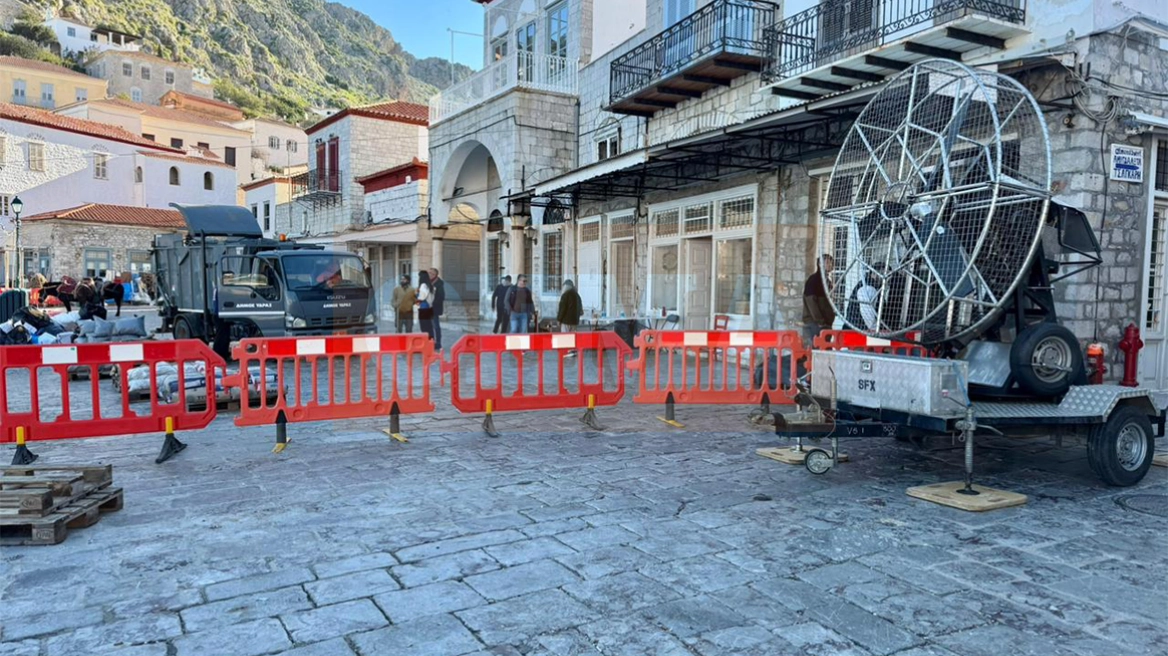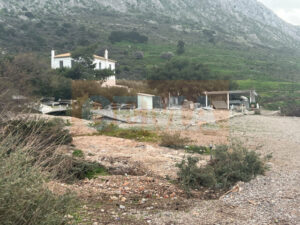The new leadership of North Macedonia, following the recent elections, is jeopardizing its European path by attempting to undermine the Prespa Agreement, which established the country’s official name as the “Republic of North Macedonia.” This move risks blocking the country’s vital economic recovery efforts and its integration into European institutions. Despite warnings from Athens, based on European texts, regarding the need for full implementation of the Prespa Agreement,
Surge in domestic violence: Daily 50 men are arrested for assaults against women

North Macedonia’s actions have stirred nationalist sentiments, particularly within the Church. The European Union’s decision to open accession negotiations with North Macedonia in 2020 hinges on the faithful implementation of bilateral agreements, including the Prespa Agreement. The Greek government has the power to influence the opening and closing of negotiation chapters, based on North Macedonia’s compliance with the agreement. The new government in Skopje has already taken steps to undermine the agreement, evident in official documents and statements that revert to using the term “Macedonia” instead of the agreed-upon name. Despite assurances from the new leadership to avoid unnecessary conflicts, they continue to use the name “Macedonia” in various contexts, raising concerns about their commitment to the Prespa Agreement.
Ask me anything
Explore related questions





